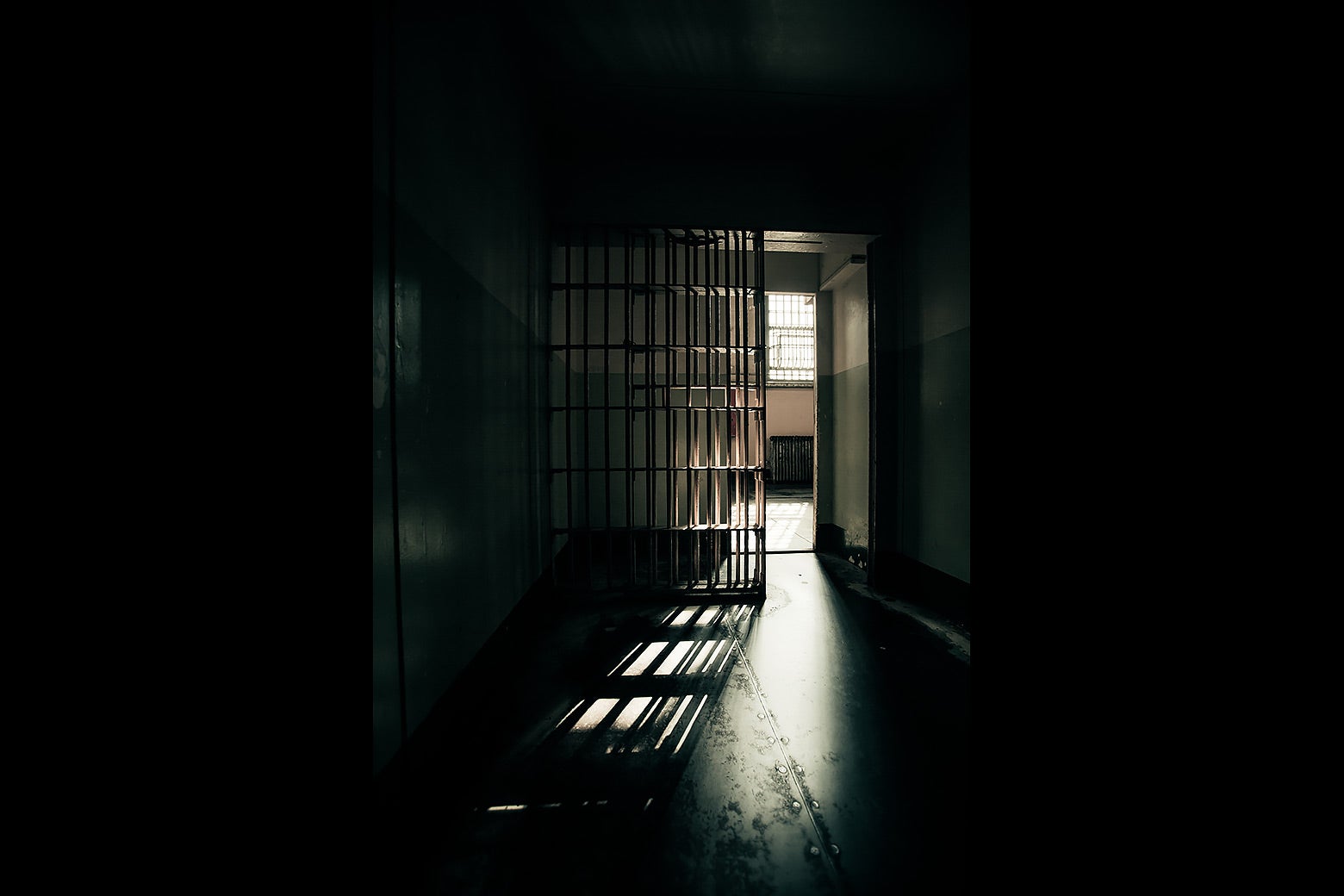Politics
Texas Faces Major Crisis Right Now

In Texas, there are alarming realities buried beneath the surface of the prison system. The situation involving solitary confinement has reached new and disturbing lows, particularly for vulnerable individuals battling mental health issues. My time in one of these facilities was marked by sheer horror as I witnessed unimaginable conditions that many inmates endure.
During my stay, I found myself in cramped confinement cages, each smaller than a typical phone booth, with not a single diaper or sink available for basic needs. These cells are standard for inmates placed in solitary confinement—a space where any semblance of dignity is stripped away. Just 23 months before this moment, my existence was defined by the consequences of possessing a contraband cellphone, a minor slip that escalated into an extended stay in isolation.
I wasn’t alone in this experience. To my left was a young Latino named Sam, trapped in a similar cage, and to my right was an elderly Black man I’ll call Mike. The moment I was released from my shackles, Sam began to reveal the gruesome reality of life at the William McConnell Unit in South Texas. He had been placed in a self-harm program after multiple suicide attempts, a desperate bid for help that only led to further isolation. Sam described being forced to relieve himself within his cage for days, with a pile of dried feces left behind by previous occupants as his torment.
Mike’s experience wasn’t any better; he had been saving cereal boxes filled with urine to avoid contaminating his tiny space after four days locked away following a suicide attempt. This practice is not an anomaly. It reflects a broader, unchecked pattern in Texas prisons where individuals struggling with mental health crises are routinely subjected to these inhumane containment cages—facilities so horrifying that they are reminiscent of torture.
Moreover, the conditions at the McConnell Unit reached a point where Sam spoke of a “dungeon,” a retrofitted utility closet replete with several of these cages. The deafening chaos within, often fueled by inmates screaming at each other over unmet needs and shared frustrations, created an environment devoid of any semblance of support or healing. The administration’s role seemed almost invisible, with the guards remaining distant, leaving the prisoners to navigate their trauma alone.
With twenty years of advocacy for prisoners’ rights under my belt, I thought I was prepared for anything. However, what I witnessed in these cages shattered my expectations. These conditions do not just violate basic human rights; they resonate with historical injustices reminiscent of slavery. Psychiatrist Terry Kupers has stated unequivocally that holding inmates with mental health issues in solitary confinement constitutes torture by international standards.
The situation isn’t unique to just one facility. Reports have emerged from other Texas prisons—the Gib Lewis Unit and John B. Connally Unit—highlighting similar issues. In a recent 2023 complaint by the Texas Civil Rights Project, claimants revealed that prisoners were being forced to live without basic sanitation needs, with some reporting being trapped in these degrading conditions for over a week.
While states like New Jersey have taken steps to abolish the solitary confinement of vulnerable populations, Texas has obstinately adhered to antiquated policies. The chronic lack of mental health evaluations within the Texas Department of Criminal Justice has led to hundreds of preventable suicides in recent years.
In sum, this issue is not merely about harsh prison conditions. It’s a systemic failure to protect some of the most marginalized individuals in society. Sam, Mike, and countless others deserve advocates, care, and the chance for rehabilitation, not abandonment in cages unfit for any living being. The Texas prison system needs reform, but it first requires acknowledgment of these atrocities. All too often, these inquiries die on the vine as the plight of the incarcerated fades into silence, leaving behind a trail of human suffering that demands urgent attention.
